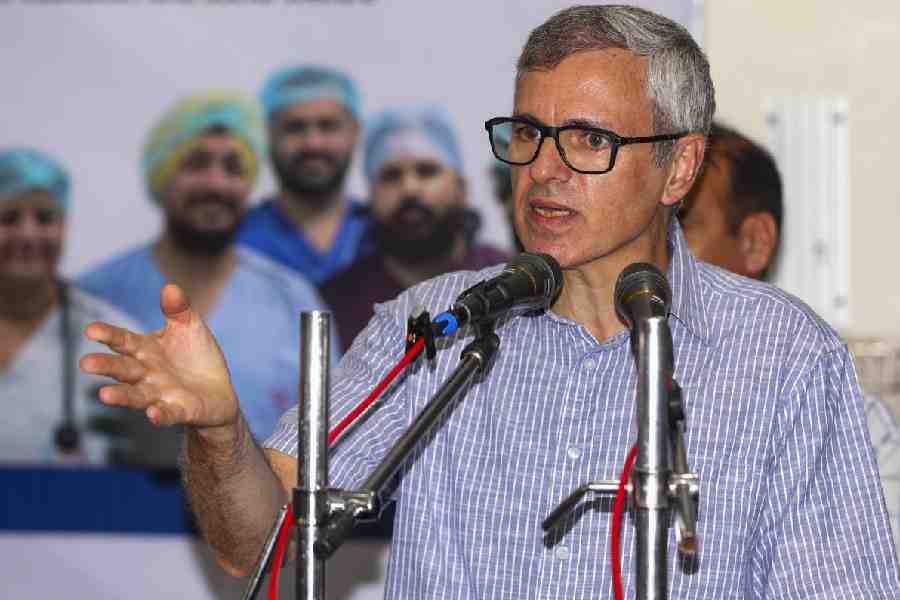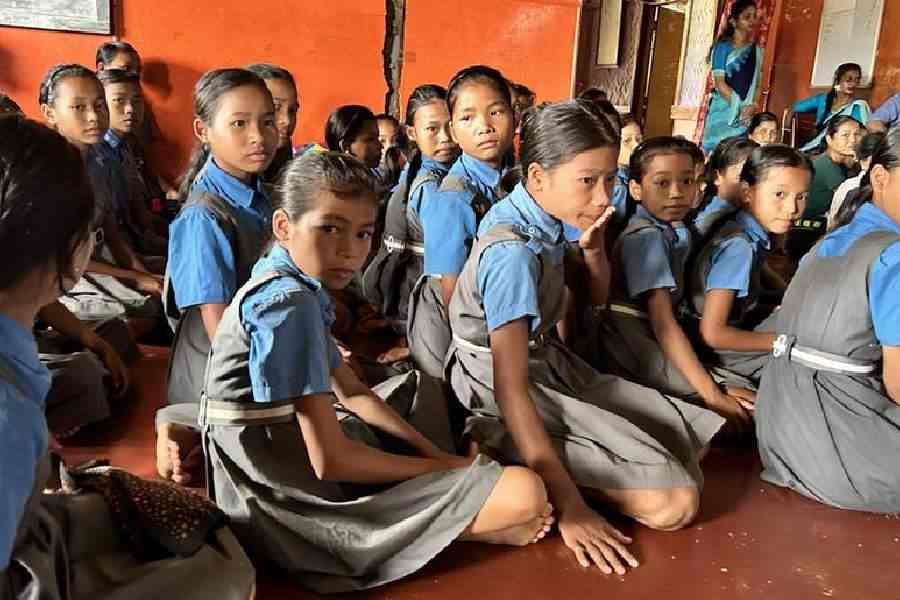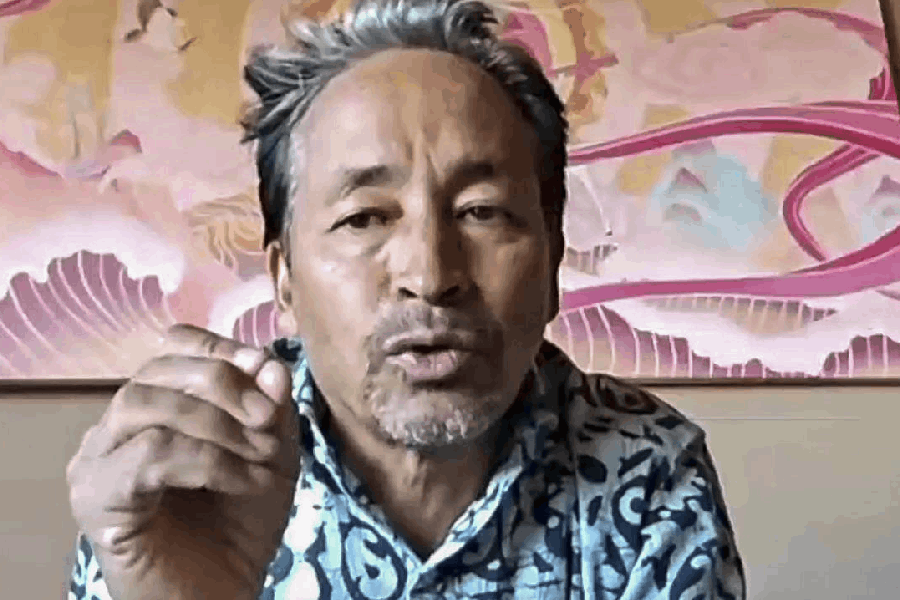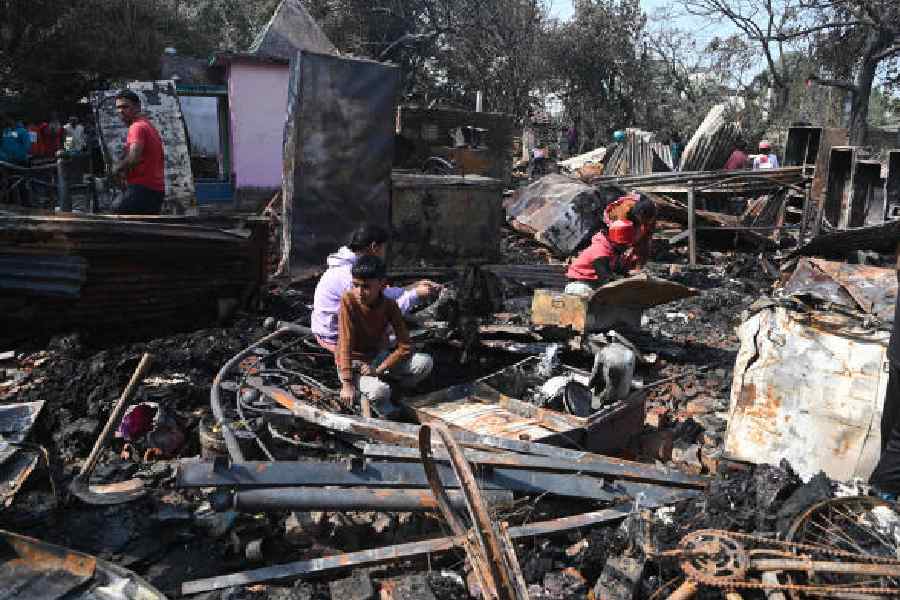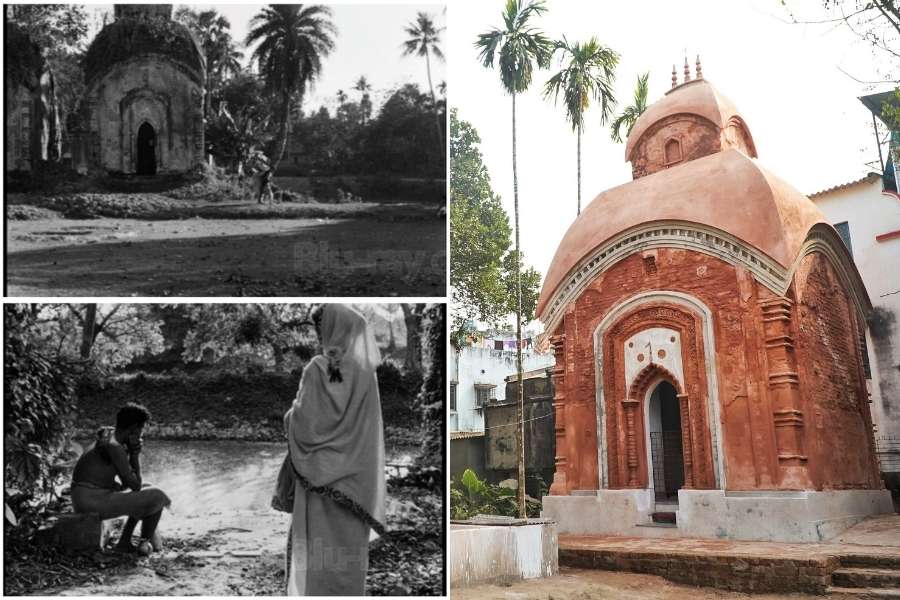 |
The government of India declared Odia as the sixth classical language of the country on February 20, 2014. On that day, Odias across the state found an occasion to rejoice. Linguist Debiprasanna Pattanayak had explained the classical characteristics of Odia before the language experts of our country on July 23, 2013, which led to the decision.
On March 1, chief minister Naveen Patnaik wrote a letter to the Union home ministry recommending Sambalpuri/Koshali and Ho languages to be included in the Eighth Schedule of our Constitution. It was perhaps the first step that the people of west Odisha wanted for their mother tongue to achieve.
But ever since, reputed linguists seem to have fears that if a language goes to the Eighth Schedule, it might give the people speaking it reasons for a statehood demand. Some gave the example of Konkani language leading to formation of Goa. They are afraid that the state of Koshal might come to existence if Sambalpuri/Koshali goes to the Eighth Schedule. But, what about Ho? Are we going to deprive the right of a people, the rightful place of its mother tongue? What languages were fillips in the formation of the states of Jharkhand, Chhattisgarh, Uttaranchal and Telangana? We know that economic issues are more important than language and culture for formation of states. Therefore, linguists must not invite disrespect from the people by opposing the rightful place of its mother tongue.
When George Abraham Grierson started his Linguistic Survey of India in 1894, the people of west Odisha had been speaking Sambalpuri/Koshali. They understood the Odia Bhagabat better than Hindi (Awadhi) Ramcharit Manas. Therefore, when the chief commissioner of Central Provinces, in his order dated January 15th, 1895, abolished Odia as the court language of Sambalpur and introduced Hindi in its place, people had to fight against that.
“The language agitation started in Sambalpur and became widespread in Orissa. Oriya was restored as the official language of Sambalpur in 1903 and subsequently in October, 1905, the bulk of the district was transferred to Orissa,” reported the writers of Orissa District Gazetteers, Sambalpur, in 1971.
All India Radio, Sambalpur, started working in 1963. By then, known writers of Samalpuri/Koshali were Kapil Mahapatra, Balaji Meher, Laxmana Pati, Khageswar Seth, Shashi Bhusan Mishrasharma, Motilal Panda, Satyanarayan Bohidar and Bidhu Bhusan Guru. The Renaissance of Samalpuri/Koshali language and literature began in 1984. We got Rangabati (song) of Mitrabhanu Gountia, Sasemira (drama) of Prasanna Sahu, Bhukha (drama/film) of Manglu Biswal and Ukhi (drama) of Binod Pasayat.
We got hundreds of songs and lyrical plays from AlR, Sambalpur. West Odisha experienced something wonderful and encouraging in Haldhar Nag. From 1990, he has been carrying with him Sambalpuri/Koshali poems to national centres of education and culture throughout the country. Sasemira was awarded the first prize in National Drama Festival, Allahabad in 1983.
Since then, Sambalpuri/ Koshali plays have been successfully presented at various cultural centres across the country. The Sambalpuri/Koshali Drama Competition, held in Sambalpur every winter, has been presenting plays of good quality for the last 17 years. Among the new generation of Sambalpuri/Koshali playwrights, Panchanan Mishra, Brajendra Nayak, Kesaranjan Pradhan, Ashok Bohidar, Nakula Badi and Arun Sahu are some of the well-known successful playwrights.
At present, we find epics of the Ramayan, the Mahabharat and the Bhagabat, recreated by devoted poets such as Ujalbati, Nilmadhab Panigrahi, Hemachandra Acharya and Purnachandra Sahu. We find books on stories, novels, grammar and dictionary and almost all kinds of literature in Sambalpuri/Koshali. Some 30 magazines have been enlisted in the language.
Why is this enumeration here? Questions have been raised if the state government would consider the demands when forwarded a proposal to include the Berhampuri dialect in the Eighth Schedule or if the people of Balasore or Baripada demand separate language group status in future.
Well, why not? If those spoken forms in course of time acquire the characteristics of a natural language as we find today with Sambalpuri/Koshali, we should be happy with that if it happens.
Linguist Debi Prasanna Pattanayak had said: “Issues over relationships between the languages and dialects always have problems and it is a pan-world phenomenon.” But then, can a linguist decide between language and dialect? At best, linguists study them and give a theory. The decision will be taken by the people and their government.
John Lyons writes: “The distinction between language and dialect is commonly drawn on political grounds. There is less difference between Swedish, Danish and Norwegian, for example, which are usually referred to as distinct ‘languages’, than there is between many of the so-called ‘dialects’ of Chinese.”
Therefore, the steps taken by the state government for the rightful demand of the people of west Odisha for their mother tongue do not show “immature political statesmanship and vision”. They reflect the wisdom and maturity of a good government. Languages acquiring dialects and dialects becoming languages go together. Till there are Hindi films, the language will go on prospering, acquiring strength from all the languages of the globe.
If linguists believe, as some have expressed, that the people of Balangir are not supporting the idea, they may contact Kosali Ekata Manch of Sonepur and Kosal Kranti Dal of Balangir to get disillusioned.
Gangadhar sang: “If you want to be respected /Have utmost respect for your mother tongue.” Though this couplet generating self-respect was sung for Odia while she was in danger, it is applicable to every language and its speakers. Therefore, the newspaper advertisement of the state government respecting a mother tongue should not be assumed as “dangerous”.
In 1895, people had hesitation to proclaim Sambalpuri as their mother tongue, whereas in 1995, they shouted with joy that Sambalpuri/Koshali is their beloved mother tongue. The language had already acquired the excellence and the power of expression for which one will be proud of using that. As a resident of Odisha, everyone should rejoice to find the achievements of Sambalpuri/Koshali.


